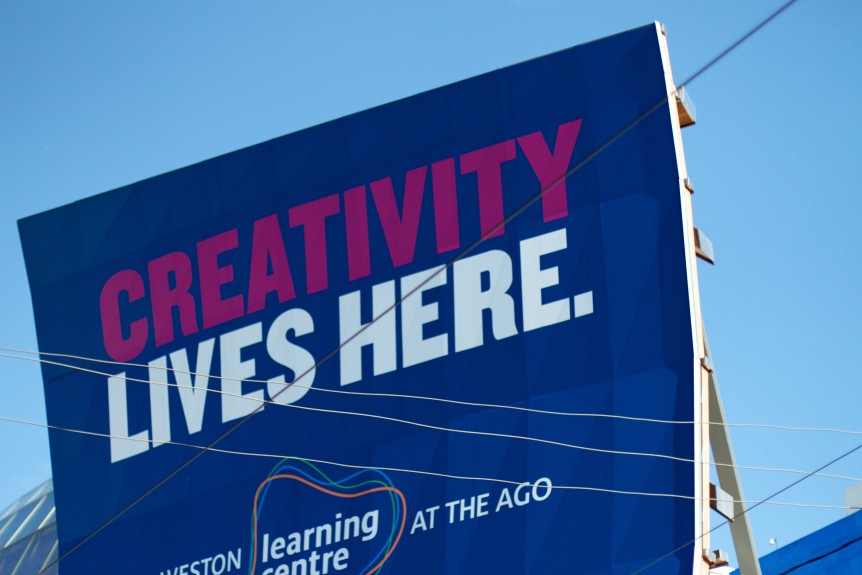I recently came across this great, short, article published in the Journal of Management, by Joseph Cangemi and Richard Miller. They shared some insightful findings regarding creativity and “out-of-the-box” thinking within organizations. What they found was that a, “Formulation and fulfillment of a psychological contract … seems to be an effective process for the development of an open, healthy climate which is encouraging and conducive to the development of creativity.”
The concept of a psychological contract was first introduced by Chris Arygris of Harvard University (Argyris, 1960). The psychological contract is created during the hiring process and is the unwritten expectations the new employee has of the organization, as well as the organizations unwritten expectations of the new employee. If you are a hiring manager and are not familiar with this term and its various impact, I would recommend reading articles on this subject as these expectations can have a powerful effect on the productivity of employees.
According to Cangemi and Miller, the basic need to be valued as a person must be fulfilled in order to stimulate a persons’ creativity. Understanding what the person needs to feel valued is usually hidden in the psychological contract.
Their article provides compelling evidence that supports their claim that, “A creative environment can be fostered by identifying the psychological expectations of both employees and management, committing them to writing, and then living up to the agreed-upon provisions of the contracts.”
One case they reference was a survey conducted with more than 40,000 employees who consistently ranked the following top three needs, in order of preference (Nelson, 1996; Miller and Cangemi, 2000):
(1) full appreciation for work done;
(2) feeling “in” on things ; and
(3) sympathetic help with personal matters.
Understanding the need to develop a climate conducive to freedom and creativity is in alignment with psychiatrist Alfred Alder (1969), who stated “life is a search for significance – all human beings have a need to feel significant.”
As Cangemi and Miller so succinctly derive:
“It follows that if employees feel important, are appreciated, are made to feel they are a vital part of the organization, and feel that their leaders are concerned about their personal welfare, then the seeds for developing an open, creative workplace will have been sown, encouraging employees to be “out-of-the-box” in the thinking and contributions.”
Some examples of psychological expectations are:
What employees expect of the company:
- Understanding
- Respect
- Praise
- Civility
- Appreciation
- Trust
- Loyalty
- Fairness
- Enjoyment
- Recognition
What the company expects from employees:
- Trust
- Honesty
- Loyalty
- Strong work ethic
- Commitment
- Reliability
- Approachability
- Integrity
- Creativity
- Communication
What does this mean to you? If you are trying to foster a more creative environment, you may want to look at the unspoken psychological contracts you have between you and your employees. Then, come together to agree on which expectations both sides are willing to put in writing and commit to. In the case studies, those organizations that did this and publicly displayed those commitments in the workplace found a significant increase in “out-of-the-box” thinking. In one case, the organization experienced a 25 percent reduction in costs, 15 percent improvement in productivity, while production increased by more than 50 percent.
Hum…might be worth trying.
Works Cited:
Argyris, C. (1960), Understanding Organizational Behavior, Dorsey, Homewood, IL.
Nelson, B. (1996), Motivating Today’s Employees, Nelson Motivation, San Diego, CA.
Miller, R. and Cangemi, J. (2002), “North American employee attitudes in the 1900s: changing attitudes for changing times for changing times”, Education, Vol. 120 No. 3, p. 449.
Joseph Cangemi Richard Miller, (2007),”Breaking-out-of-the-box in organizations”, Journal of Management Development, Vol. 26 Iss 5 pp. 401 – 410

